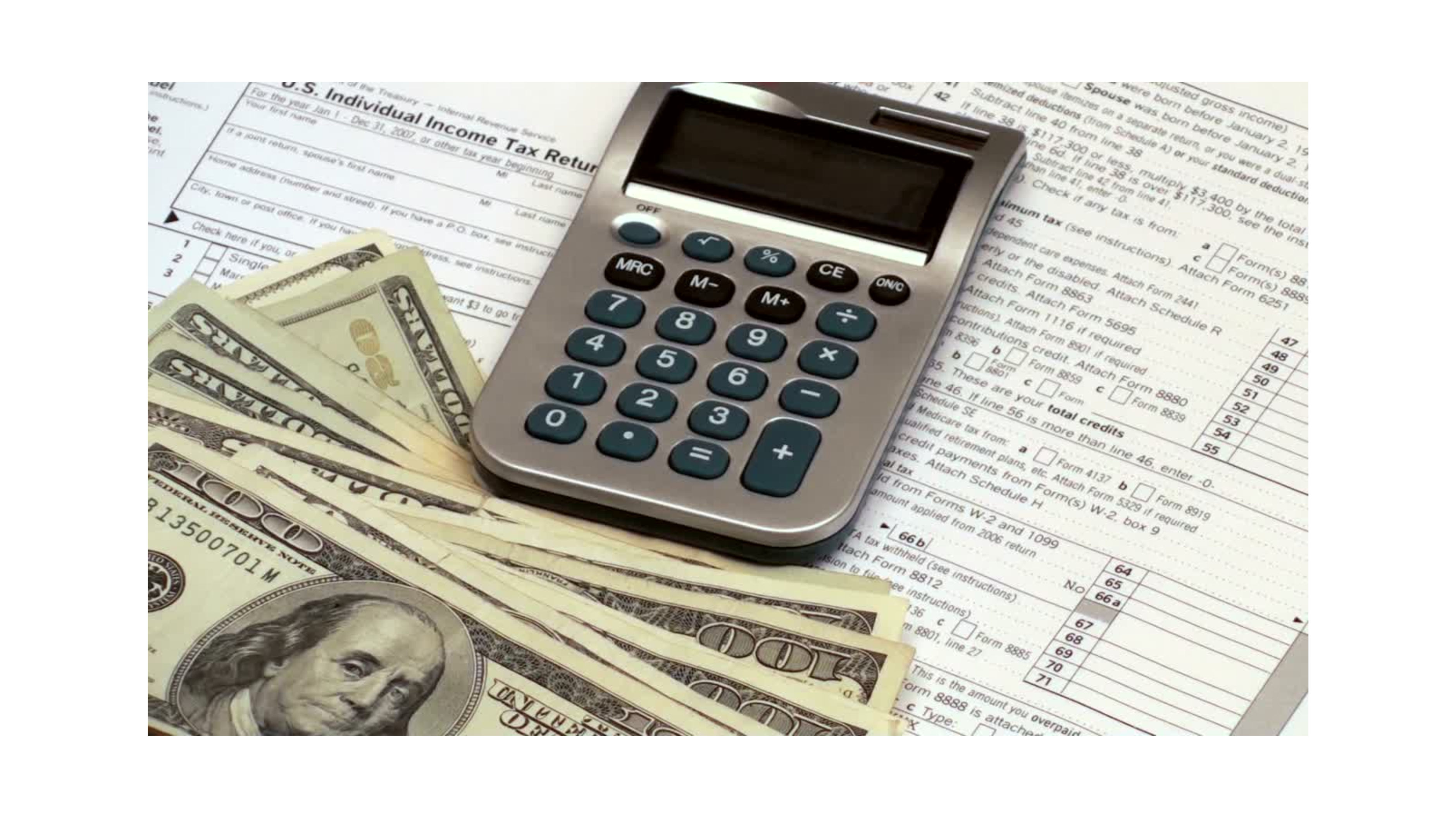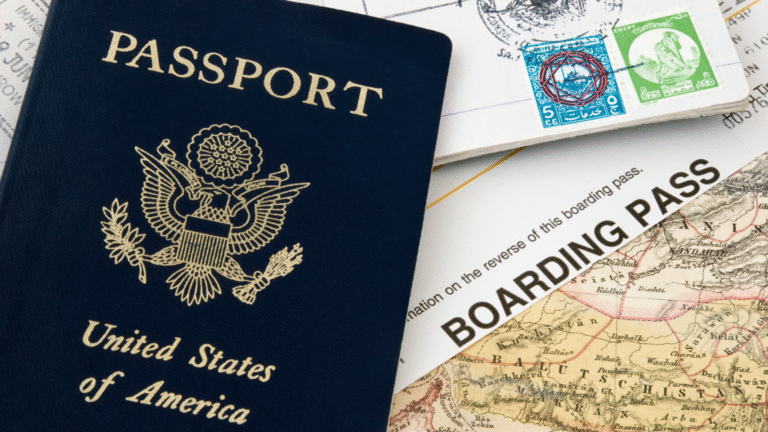If you’ve ever racked up a bunch of points or miles and thought, “Hmm, should I cash these out?” — you’re not alone. Whether you’re redeeming points for flights, hotel stays, or straight-up cash, a common question pops up:
Do I have to report this on my taxes?
Let’s break it down—without the confusing legal jargon.
📌 First Things First: What Are You Redeeming For?
Before we talk taxes, it’s important to know how you’re using your points and miles. Because not all redemptions are treated the same.
Let’s take a look at some common scenarios:

1. Travel Rewards (Flights, Hotels, Rentals)
If you’re using points or miles to book a trip, relax.
The IRS generally does not consider this taxable income as long as the points were earned through personal spending.
Translation: You’re simply getting a rebate or a discount based on your spending—not actual income. No tax form, no problem.
2. Cash Back or Statement Credits
This one’s still in the safe zone for personal use.
If you’re redeeming points for cash or statement credits that came from your own spending, it’s still considered a rebate, not taxable income.
Example: You spend $1,000 on groceries and earn $10 cash back = no tax owed.
3. Referral Bonuses or Business Incentives
Here’s where it gets interesting.
If you refer someone to a credit card and receive a cash reward (not points), the issuer may send you a 1099-MISC form if it exceeds $600 in a calendar year.
Same goes for business cards where the rewards are tied to company spend—these could be reported as income.
Tip: Keep a folder or digital record of any referral bonuses you earn—just in case.
4. Points Earned Without a Purchase (i.e., Welcome Offers with No Spend)
If you received a bonus just for opening an account (without spending), that might count as taxable income, depending on the issuer.
Some banks will send you a 1099-INT or 1099-MISC if the bonus is considered a “gift” or “interest.”
What Happens If You DO Get a 1099 Form?
If you receive a 1099 form, don’t panic.
Just include it in your tax filing under “miscellaneous income.” If the issuer didn’t send you a form and the amount is small, you’re likely in the clear.
Summary: When Do You Need to Pay Taxes on Points or Miles?
| Scenario | Taxable? |
|---|---|
| Redeemed for flights/hotels (personal) | ❌ No |
| Redeemed for cash/credits (personal) | ❌ No |
| Referral bonuses in cash over $600 | ✅ Yes (1099-MISC) |
| Points earned without spending | ✅ Maybe (1099-INT) |
| Business redemptions | ⚠️ Check with CPA |
Final Thoughts: Don’t Let Taxes Scare You from Travel Hacking
For most people using points and miles for personal travel or cash back, you won’t owe anything. Just be mindful if you’re earning referral bonuses, using business cards, or getting points for not spending money.
When in doubt, check with a tax professional — but don’t let this hold you back from maximizing those rewards.
Bonus Tip:
If you’re starting to earn consistent rewards (especially as a content creator, business owner, or brand ambassador), you might want to keep a spreadsheet to track anything that could be considered income.




